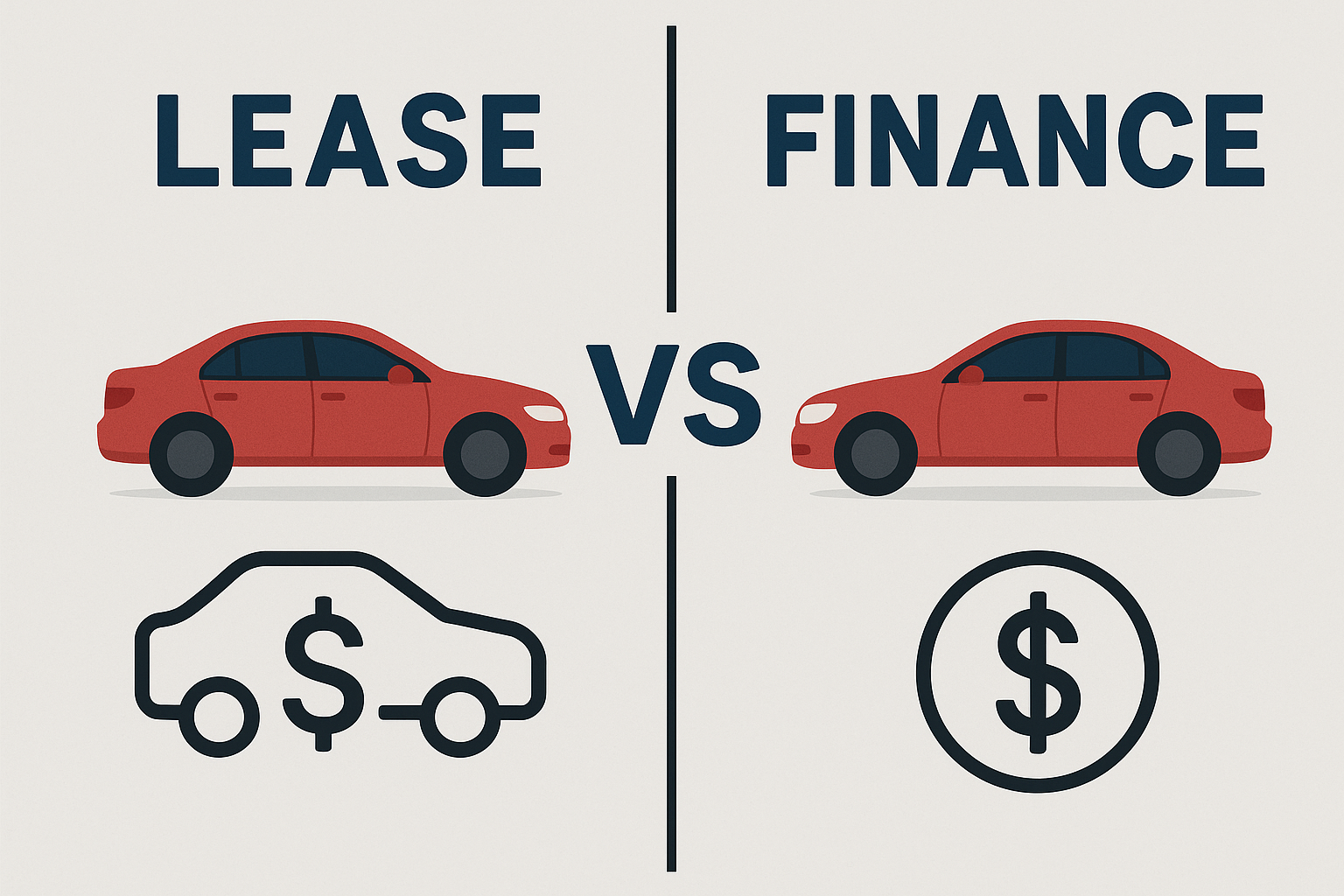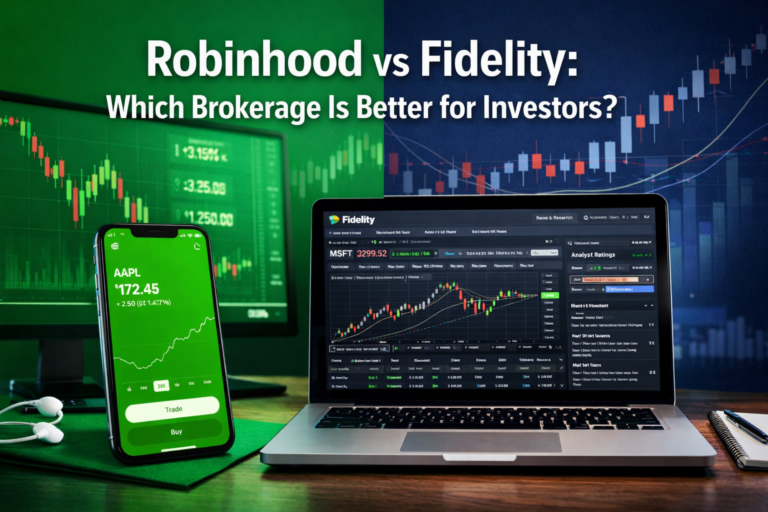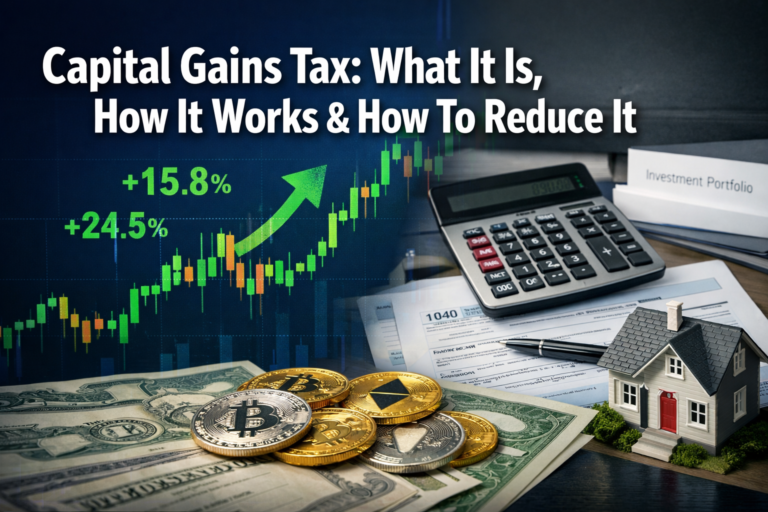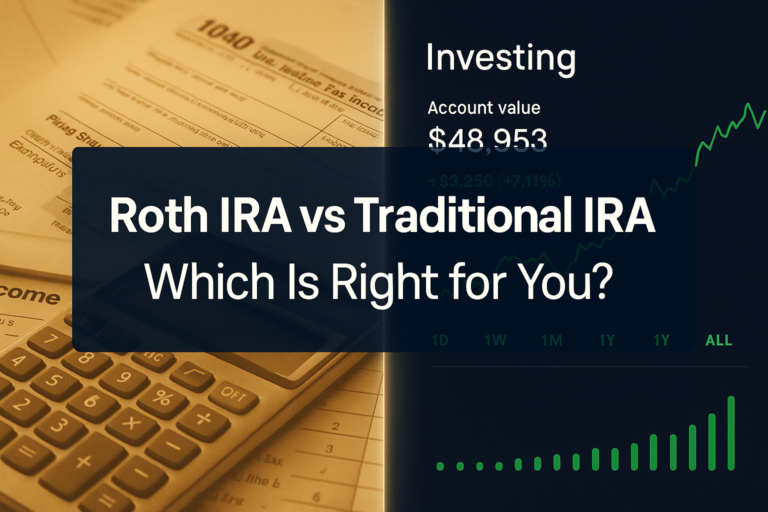Buying a car is a major financial decision, but the first question many people face isn’t which car, it’s how to pay for it: lease vs finance?
Both options can put you behind the wheel of a shiny new vehicle, but each comes with its pros, cons, and long-term consequences. In this guide, we’ll break down the key differences between leasing and financing a car, so you can confidently choose the best fit for your lifestyle and money goals.
What Does It Mean to Lease a Car?
When you lease, you’re essentially renting the vehicle for a set term, usually 2 to 4 years, with mileage limits and maintenance obligations.
At the end of the lease, you return the car or opt to buy it at a pre-agreed residual price.
Think of it like a long-term rental agreement with a car dealership.
Key Features of Leasing:
- Lower monthly payments than financing
- Warranty coverage often lasts the entire lease term
- Mileage caps (often 10,000–15,000 miles/year)
- No ownership or equity buildup
- Penalties for excess wear and tear
What Does It Mean to Finance a Car?
Financing means taking out a loan to buy the vehicle outright. You make monthly payments until the loan is paid off (typically over 3–7 years), and then the car is 100% yours.
You can keep the car, sell it, or trade it in at any time, and you’re responsible for all repairs after the warranty ends.
Key Features of Financing:
- You own the car once the loan is paid off
- Higher monthly payments than leasing (but no return requirement)
- Unlimited mileage
- Greater long-term value
- Can refinance or pay off early
Lease vs Finance: Key Differences
| Feature | Leasing | Financing |
|---|---|---|
| Monthly Payments | Lower | Higher |
| Ownership | You don’t own it | Return the car at the end of the lease |
| Mileage Limits | Yes (10k–15k/year) | No limit |
| Upfront Costs | Low to moderate | Higher (down payment, taxes) |
| Long-term Cost | More expensive if you keep leasing | Less over time |
| Maintenance | Often under warranty | You cover repairs after warranty |
| Flexibility | Return the car at the end of the lease | You own it after the payoff |
When Leasing Makes Sense
Leasing could be a smarter move if:
You prefer driving a new car every 2–4 years
You want lower monthly payments
You drive a predictable, limited number of miles
You value the latest tech, safety, or luxury features
You don’t want to worry about long-term maintenance
Example: If you’re a young professional commuting to work with consistent mileage and value the prestige of new models, leasing may align better with your goals.
When Financing Is Better
Financing is generally better if:
You want to build equity in your vehicle
You plan to keep the car for 5+ years
You don’t want mileage restrictions
You’d rather pay more now but save later
You may eventually sell or trade in your vehicle
Example: If you’re a growing family looking for a reliable SUV to own for 8–10 years, financing is likely the more cost-effective choice.
Lease vs Finance: Cost Comparison Over 6 Years
Let’s say you’re eyeing a $35,000 car.
Leasing:
- Lease for 3 years @ $400/month = $14,400
- Lease again for another 3 years = $14,400
- Total = $28,800
- After 6 years, you return the car and have no equity
Financing:
- Finance for 5 years @ $650/month = $39,000
- After 6 years, you own the car outright (value ~$15,000)
- Net Cost = $24,000 (if you keep or sell the car)
Verdict: Financing costs more upfront but gives you asset value later.
Which Option Builds Equity?
Only financing builds equity.
When you lease, you’re paying to use the car, not own it. Your payments go to the dealership or lender, not toward ownership.
With financing, each payment reduces your loan balance. By the time you’ve paid off the loan, you own a valuable asset.
Want to learn how compound growth works in other areas of life? Check out this guide on reinvesting dividends for maximum growth
Final Decision Checklist
Still unsure? Ask yourself:
- Do I want to own my car or just drive it?
- Am I okay with mileage limits?
- Do I want lower payments now, or more value later?
- How long do I plan to keep this car?
- Am I prepared for maintenance and repairs after warranty?
Use your answers to determine which path fits your finances and goals best.
Conclusion
There’s no one-size-fits-all answer when it comes to leasing vs financing a car. Leasing offers flexibility and lower payments, while financing builds long-term value and ownership. Your best option depends on your driving habits, budget, and lifestyle.
Bottom line:
- Lease if you want a new car every few years, lower monthly payments, and don’t mind mileage caps.
- Finance if you’re in it for the long haul, want equity, and don’t want limitations on usage.
More Smart Money Moves
Here are a few more helpful reads on TheRichGuyMath.com:







